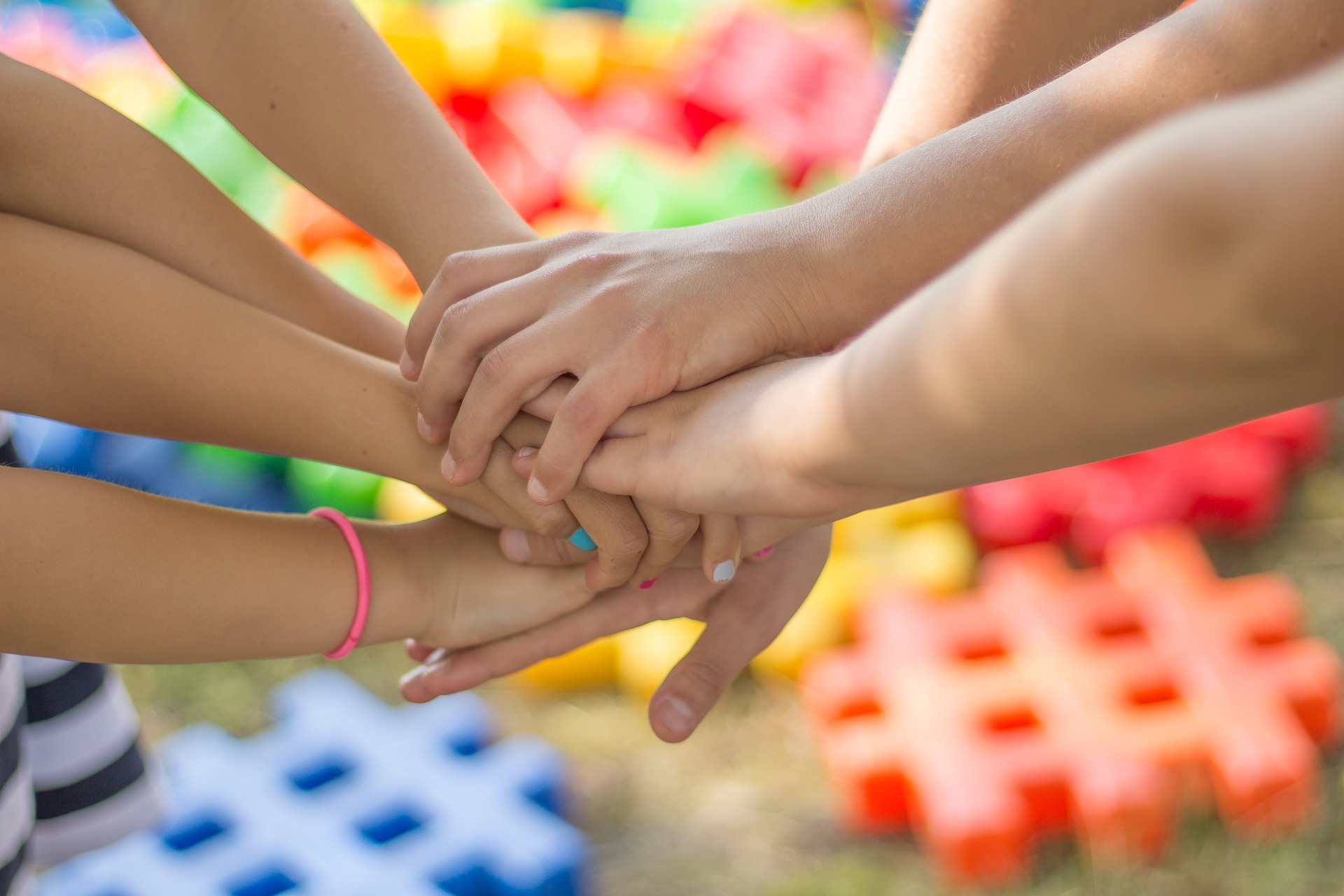Enjoying the moment with your child
How time passes when we simply don't notice the uniqueness of our child, the journey of their growth or their shift from childhood into adolescence, from adolescence into adulthood. This article merely touches on the value of stopping to smell the roses and enjoy the moment with the child.
We are very explicit with our families in terms of the things that we want to pay attention to and these are often around functional and aspirational things. For example, achieving at school, playing sport, doing homework etc. We are all keen to put emphasis on very typical aspects of our life which are common in many families. We expect to be attentive and reflective around such important issues.
What is unique are the individual moments to be shared with your child as they develop over the years. For example, if you bike ride with your child, stop for a minute and reflect on how joyous that experience is for all of you. When you sing a song together, set the kitchen table together, watch a humorous movie together, these are all times to reflect on that special moment that is a snap shot of your life together. It is difficult for parents with young children to imagine their child older, more independent. Time passes and this comes around quicker than we can imagine. Ask any parent whose last child is leaving primary school! A great way of understanding the preciousness of the moment is to look back on photos. Here we easily stop and reflect on that scene and contemplate how things have changed.
We cannot suspend time, but there is some evidence that time accelerates in our mind when everything is going well. Try to simply take some time to enjoy the moment whether it be watching your child in a classroom, sports field, play ground etc and reflect on the joy of that moment. Being more in harmony with the uniqueness of the present moment makes for a calmer disposition all round.
Here are a few thoughts to get you in a reflective mindset.
Take a big breath and just look around.
Look for the lighter side of the moment.
Tell yourself why this is special.
Pretend you are snapping a photo of that moment and remind yourself why?
“If you are always racing to the next moment, what happens to the one you are in?”


